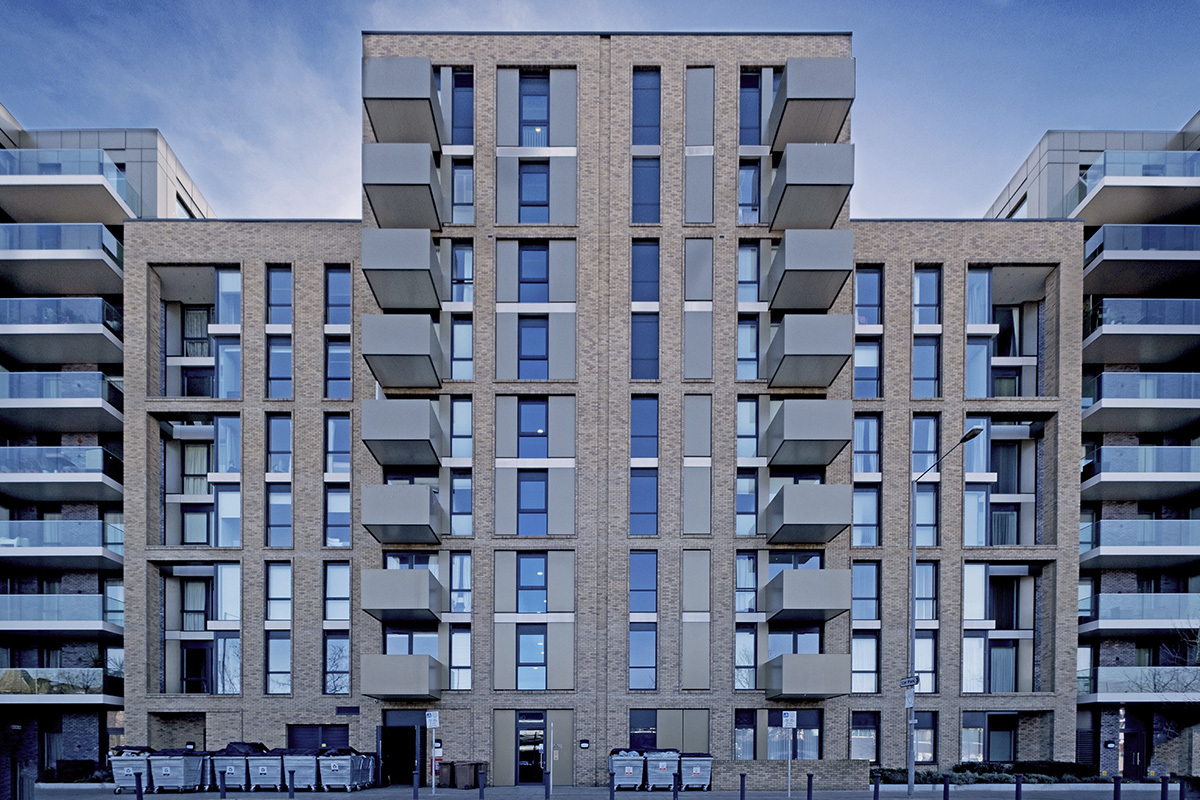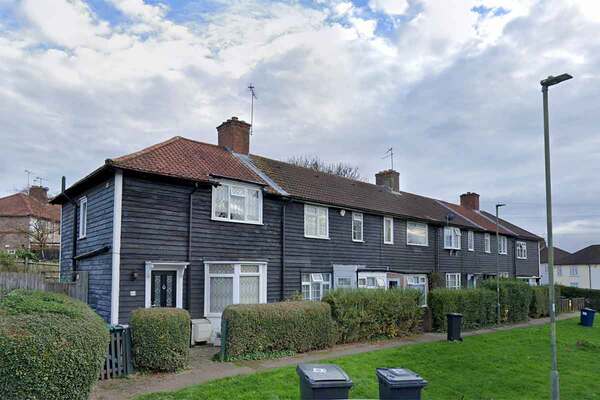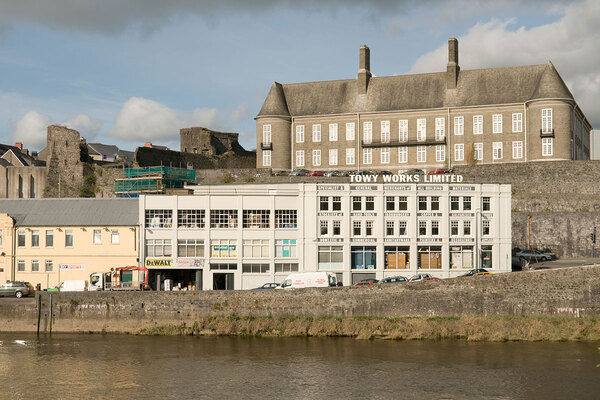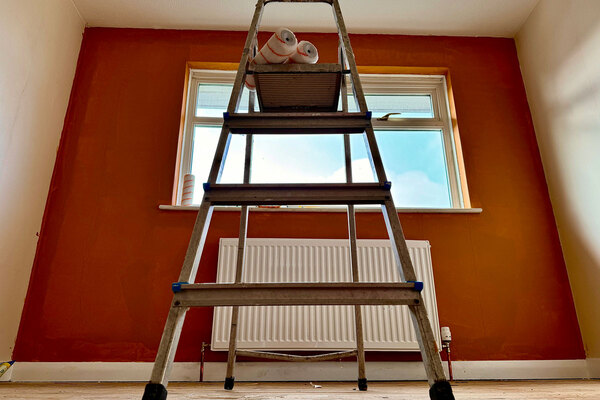You are viewing 1 of your 1 free articles
Risk that shared ownership ‘dies by neglect’ under new Labour government, sector professionals say
There is a risk that shared ownership “dies by neglect” under the new Labour government, and the tenure should still be a priority for increasing homeownership, experts have told Inside Housing.
The tenure, which has added £6.5bn to housing associations’ turnover in the past decade, could be deprioritised under Labour manifesto plans to reform leasehold and build more social rent using existing government grant.
There are more than 250,000 shared ownership homes in England, which allow residents to buy a chunk of their property from a housing association and gradually staircase up to full ownership while paying rent on the remainder.
“We know leasehold is a very troubled tenure,” Gavin Smart, chief executive of the Chartered Institute of Housing (CIH), told Inside Housing. But “you would want to avoid a baby out with bathwater issue”.
“What does this do for shared ownership? Leasehold has underpinned a lot of affordable ownership,” he said.
Mr Smart added that the “leasehold structure” has “enabled landlords to retain an interest in their properties”. It is also a “framework mortgage companies understand”.
Labour’s manifesto also promises to change the Affordable Homes Programme to prioritise social rented homes and “ensure that it delivers more homes from existing funding”. Experts have speculated that this could involve diverting grant away from shared ownership.
The current 2021-26 Affordable Homes Programme aims to deliver up to 50% of new homes for affordable homeownership, including a majority for shared ownership.
According to Savills, the tenure could provide an additional 100,000 homes over the next five years, drawing down £2.2bn in private capital each year.
However, MPs have also called for shared ownership to be reformed after reports that uncapped service charges and unfair repair bills were making it unaffordable.
The Labour Party’s general election manifesto did not mention shared ownership, but it promised to ban new leasehold flats, the system on which shared ownership is currently based.
According to the CIH, 51% of all government housing subsidy from 2021-25 will be spent on wider efforts to support homeownership, including infrastructure and brownfield funding and equity loans to first-time buyers.
To “crank up” social rent delivery “will need resource”, Mr Smart said, but “there is some early scope [to] start to change the mix”.
He added: “It’s not quite a zero-sum game, but subsidised housing needs subsidy.”
Rob Loughenbury, managing director at consultancy Lexington North and former strategy director at Onward Homes, told Inside Housing: “The real risk is that shared ownership dies by neglect, it’s deprioritised. Housing associations could then end up with an overlooked tenure on their books.”
“If not shared ownership, what is the plan to widen access to home ownership?” he asked. “Labour wins elections when it’s on the side of home owners.” If the party comes “steaming in” with a large majority, “would it forget that’s the case?”
Jamie Ratcliff, chief communities and sustainability officer at Sovereign Network Group (SNG), said: “There is a clear need for improvements in the operation and customer experience of shared ownership, as well as some wider reforms, to ensure that shared ownership can continue to play an important role in supporting housing supply and providing people with a route into homeownership.”
According to Inside Housing’s 2024 Biggest Builders survey, L&Q completed the most shared ownership homes in 2023-24 with 966 properties, followed by SNG with 814 properties. Your Housing Group built the most shared ownership homes as a percentage of its total development programme, with shared ownership accounting for 67% of completions in 2023-24.
John Lumley, strategic sales director at L&Q, told Inside Housing that shared ownership “plays a huge role” in tackling the housing crisis as “it remains one of the best ways for people in housing need to make the first step onto the property ladder”.
He said: “We welcome any additional support for first-time buyers and hopeful homeowners, and we are keen to work with any government to help structure these schemes.
“Ideally, each reported policy initiative would address a different market segment, allowing for a diversity of tenures and genuine support for a larger number of people.
“This is why we expect demand for shared ownership to remain strong and not directly compete with any other schemes or tenures.”
Ed Hampson, associate director of residential research at Savills, said: “The key to solving the housing crisis is a delivering diversity of housing products. Labour’s priority appears to supporting the social rental end of the housing sector, but it would do well to not forget the ‘squeezed middle’ of the market that also requires support.
“Shared ownership has taken on an important role in a post-Help to Buy world. These are households that don’t require social housing, but aren’t affluent enough to buy their own home without support.”
In April, Inside Housing reported on the case of a shared owner who was hit with a repair bill of up to £23,000 as her low-rise house does not fall under protections in the Building Safety Act.
Sign up for our development and finance newsletter
Already have an account? Click here to manage your newsletters












